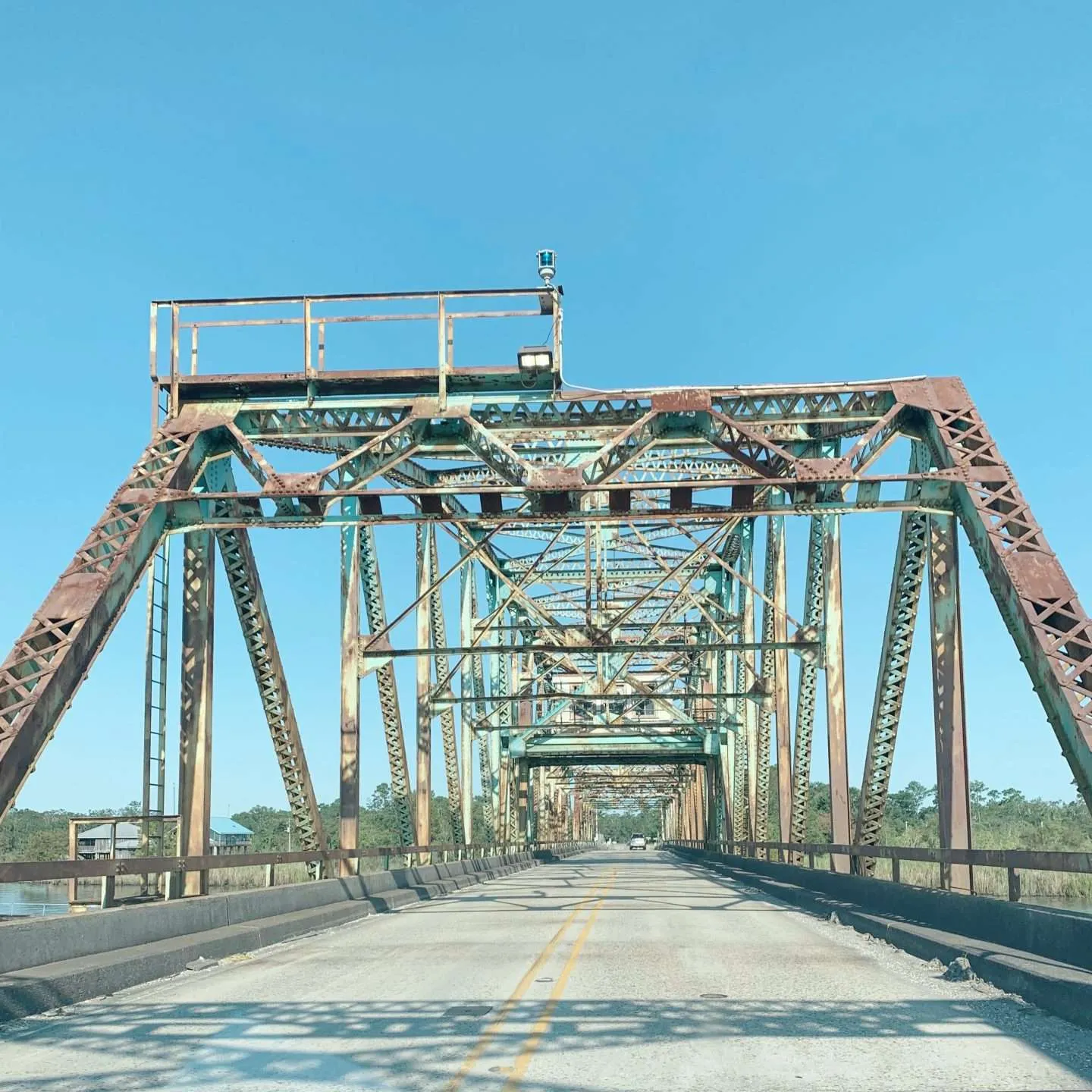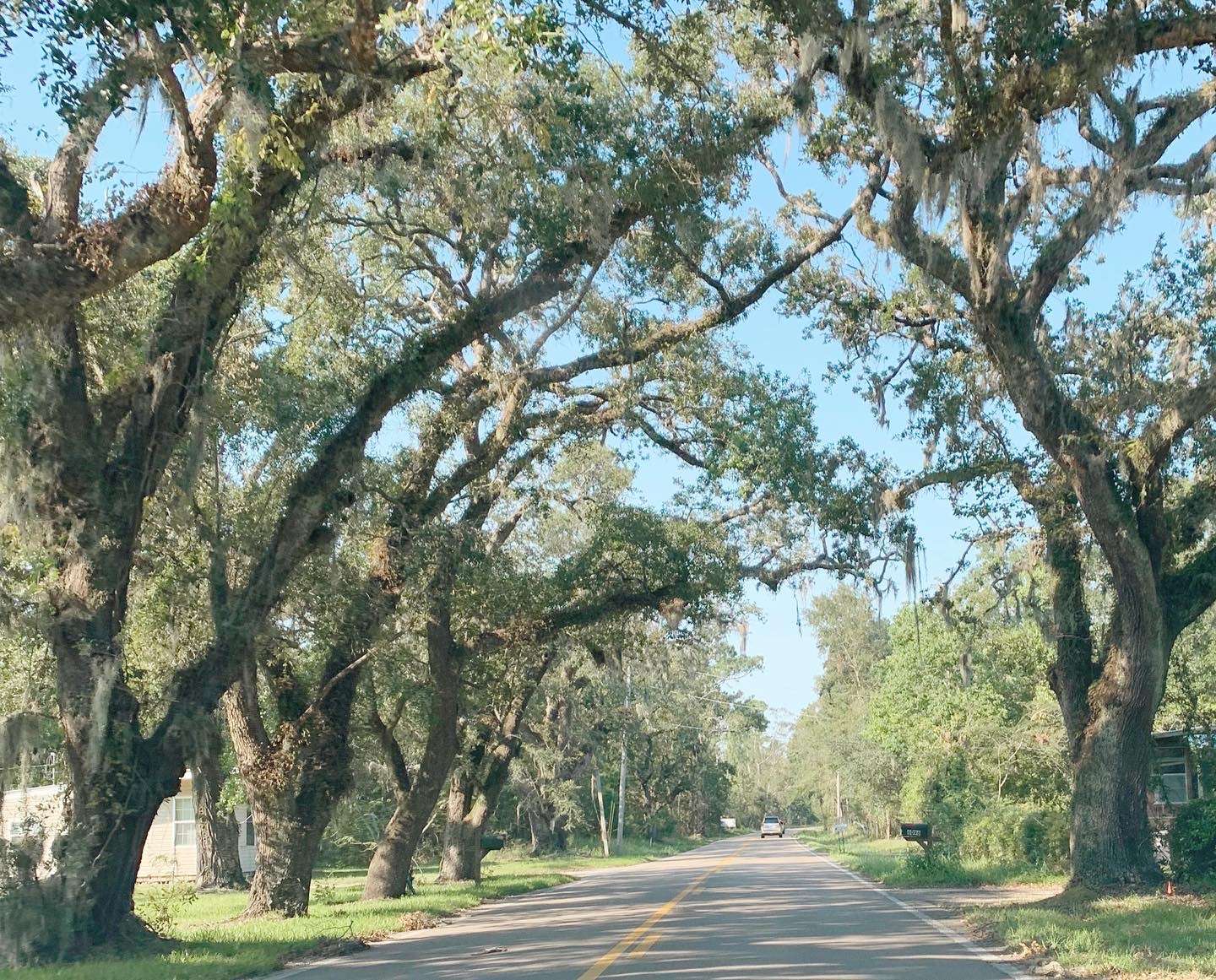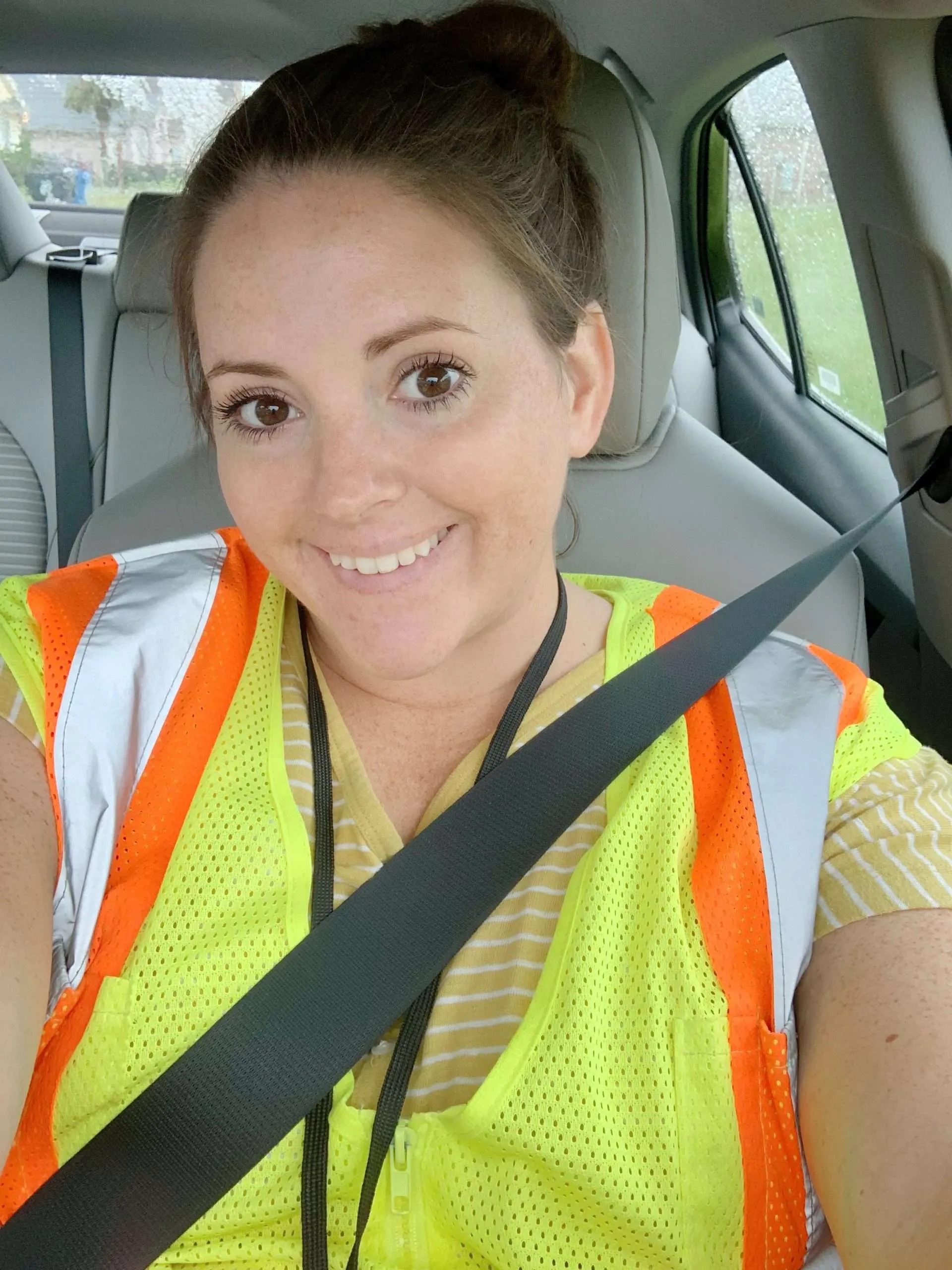[Disclaimer: Finding Mandee is reader-supported, if you purchase through links on my site I may earn an affiliate commission at no additional cost to you. As an Amazon Associate, I earn from qualifying purchases.]
You may have noticed that it’s been a little quiet here on the blog and my social media.
I haven’t dropped off the face of the earth or quit blogging…..though I’ve had days where I wanted to do both.
However, I’m currently working full-time (though it’s more like double-time), doing disaster relief in Louisiana in the aftermath of Hurricane Ida.
I’ve gotten quite a few questions about my job and the work I do, so I thought, I’d try to answer some of them here.
What Do You Do?
I am a post-disaster housing inspector.
After a federally declared disaster, people whose homes were damaged can apply to receive financial assistance from FEMA.
For every application that is submitted, an inspector goes to the home to verify that the information provided on the application is correct and assess the damage done to the dwelling by the disaster. It’s very similar to insurance adjusters’ work but less technical.
Depending on the disaster’s size and the affected area’s population, there can be MILLIONS of applications.
For instance, in 2017, both Houston and Miami (densely populated areas) were hit by major hurricanes. My company hired thousands of new inspectors to handle the workload.

Do You Work for FEMA?
No.
This is the most common misconception about what I do. I work for a company that does contracted housing inspections for FEMA. (We’re a government sub-contractor.)
I did, however, have to complete a federal background check. It was the most time-consuming part of the hiring process and took months to come back!
Do You Get to Travel A Lot?
Ummm….technically, yes.
I have to travel to the disaster area to do my job. However, it’s not a leisurely experience.
The areas that I’m traveling to have been devastated by a major natural disaster. The attractions are closed, restaurants may or may not be operating, finding necessities such as gas and water can be difficult, and finding hotels can be almost impossible.
This time with Hurricane Ida, the hotel situation was the worst it’s ever been (according to my supervisors, who have worked on dozens of disasters and have been in this business for 20+ years).
I have slept in 6 different cities since leaving my house a little over a month ago, bouncing around from hotel to hotel to just trying to find a place with a vacancy.
Hotels are FULL of displaced residents, relief workers, and linemen from power companies across the country. Some of my coworkers said they slept in their cars when they first got to New Orleans!
So, technically there IS travel, but it’s not glamorous or fun.

Do You Work Full-Time?
Within my company, I am a reservist. I don’t go out after every disaster, but only for those disasters that require a LOT of help.
However, there are disaster housing inspectors who do this job pretty much full-time. They work this job 40+ weeks a year, 7 days a week.
I can’t imagine doing this full-time. It’s hard being away from my kids for this limited amount, so full-time is just not an option for me at this point. However, I will consider it when my girls are grown.
Is It Hard?
Like every job or skill, there’s a learning curve. And since I don’t do this full-time, making sure I get these inspections sent in just right has been a challenge. There are a lot of things to remember and things change almost daily, especially now during the pandemic.
However, it’s something that pretty much anyone can learn.

Do You Like Your Job?
I do.
Well, most days!
It’s not a particularly thrilling job, but it IS rewarding.
It feels good to be able to help people in their time of need. Plus, I get to meet a lot of different people and see a lot of interesting homes.
I’m extremely grateful that I was given this opportunity and hope that I can continue this work in the future.
If you think of any questions that I didn’t cover about being a disaster housing inspector, feel free to leave a comment or send an e-mail. Maybe it’s one I can answer!
